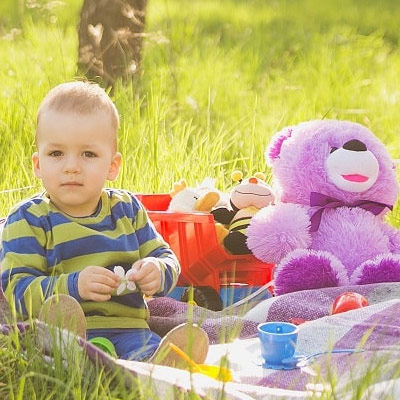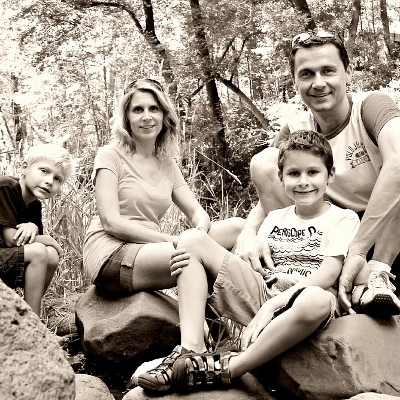 Autism causes children to experience the world very differently than most people do. Autism, sometimes called classical autism, is a brain disorder that affects your child’s development. It is first recognizable in early infancy, or childhood, usually by the age of three, and generally follows a steady course without remission. Since people with autism have very different features or symptoms, health care providers think of autism as a spectrum disorder. Autism is a disorder that is first diagnosed in early childhood, and the main signs and symptoms that usually are involved are communication, social interactions, repetitive behaviors, and having limited activities and interests. These behaviors can range from mild to disabling.
Autism causes children to experience the world very differently than most people do. Autism, sometimes called classical autism, is a brain disorder that affects your child’s development. It is first recognizable in early infancy, or childhood, usually by the age of three, and generally follows a steady course without remission. Since people with autism have very different features or symptoms, health care providers think of autism as a spectrum disorder. Autism is a disorder that is first diagnosed in early childhood, and the main signs and symptoms that usually are involved are communication, social interactions, repetitive behaviors, and having limited activities and interests. These behaviors can range from mild to disabling.
People who have autism have trouble communicating and interacting with other people. Experts assess that about three to six children out of every 1,000 will have autism. Males are four times more likely than females to have autism. The symptoms of autism vary from person to person, and some can be worse in some people than in other people. Some common signs of autism include not making eye contact, avoiding cuddling or hugging, not responding to voices or sounds, not talking to others, not using language properly, rocking back and forth, spinning, banging his or her head, staring at parts of an object, not understanding verbal or nonverbal language, not playing pretend games, and being concerned with order, routine or rituals. Some autistic children have special skills, such as the ability to do complex math problems in their head or count cards.
The cause of autism is unknown and lasts throughout a person’s lifetime. There is no cure, but treatment can help. For many autistic children, their symptoms improve with treatment and with age. Children do not outgrow autism, but studies show that early diagnosis and intervention can lead to a significantly improved outcome in which some autistic children can grow up and lead somewhat typical lives.










